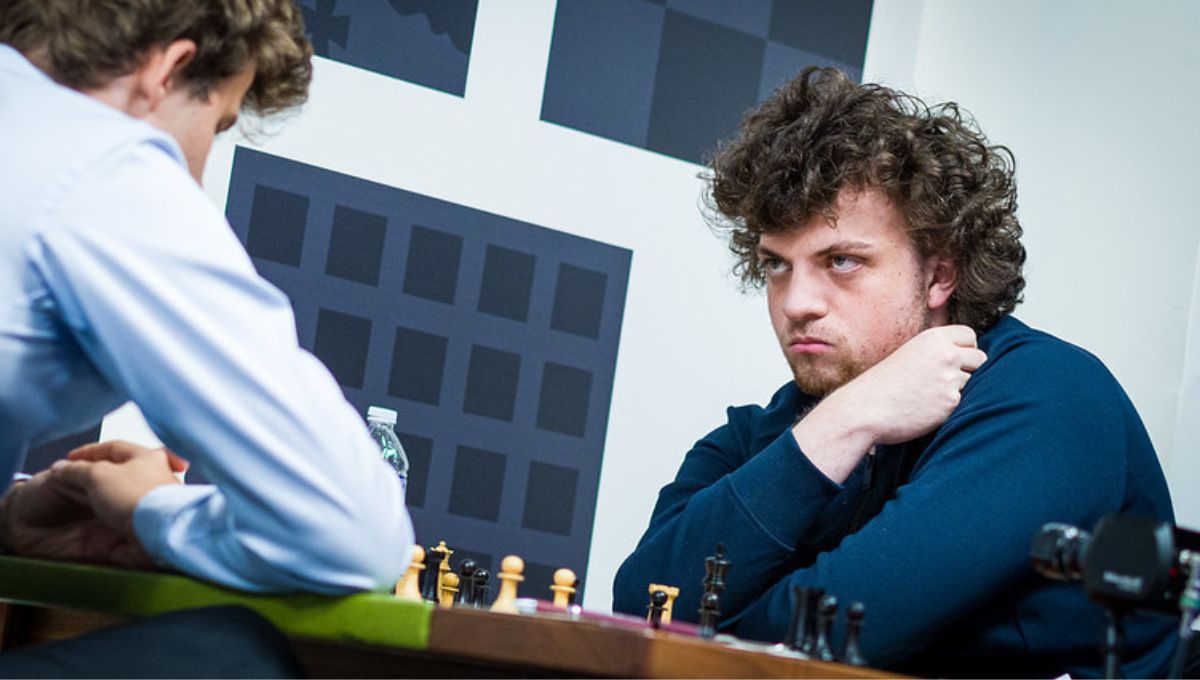Chess players may come across as arrogant for several reasons, which can vary from individual to individual. Here are some different reasons that might contribute to perceived arrogance among chess players:
1. Psychological Tactics
One of the primary reasons for the perceived arrogance in chess is the use of psychological tactics. Chess is not only about making good moves but also about getting into your opponent’s head. Some players adopt an overconfident demeanor to intimidate or unsettle their opponents, affecting their concentration.
2. Competitive Nature
Chess is highly competitive, and some players have a strong desire to win. This competitive drive can be misconstrued as arrogance, as they may appear overly confident in their abilities.
3. Pressure of Rating
Chess players often have an Elo rating that reflects their skill level. Losing to a lower-rated opponent can result in a significant rating drop. This fear of losing rating points may lead to a perceived arrogance, as higher-rated players try to maintain control and avoid losses.
4. Lack of Social Skills
Some chess players are deeply engrossed in the game and may not have developed strong social skills. As a result, their interactions with others, both on and off the board, can be awkward or come across as arrogant.
5. Cultural Norms
In some chess cultures, especially those with a strong tradition of chess excellence, players may be expected to exhibit a high level of self-assuredness. This cultural norm can lead to the perception of arrogance, even if it’s not the player’s true disposition.
6. Insecurity
Paradoxically, some chess players might adopt an arrogant façade as a defense mechanism for their own insecurities. They might project confidence as a way to mask their self-doubt or fear of failure.
7. Misunderstanding
Chess is a highly intellectual game, and some players might be misunderstood due to their intense focus and passion for the game. Their single-mindedness can sometimes be perceived as arrogance, though it may not be their intent.
8. Media Influence
The portrayal of chess players in the media, especially in movies and literature, can contribute to the perception of arrogance. Fictional characters and the emphasis on rivalry often emphasize arrogance for dramatic effect.
9. Peer Pressure
Chess players, particularly at the professional level, can feel the weight of expectations from their peers, coaches, or sponsors. This pressure to excel and live up to certain standards can sometimes result in an outward display of arrogance.
